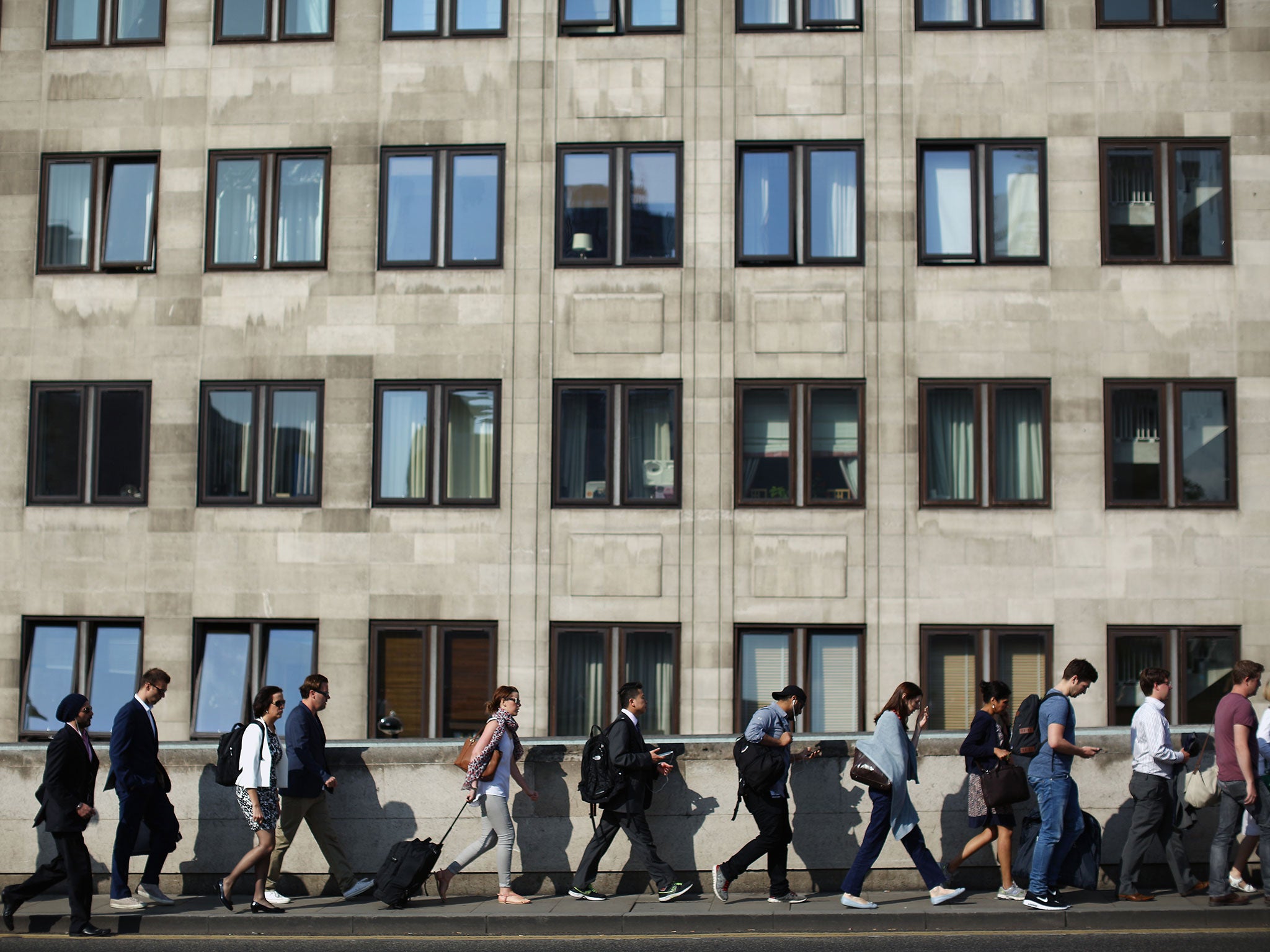One chart which shows how many hours people actually want to work every day
People in the UK have the fifth longest working week in Europe on average

To the envy of workers who graft from 9 to 5, Sweden has adopted a 6-hour working day, to increase productivity and happiness.
But a new study has revealed that UK workers could settle for a slightly longer 7-hour working day as the ideal.
Employers across Sweden have introduced the changes, according to the Science Alert website.
It is hoped that as people intensify but shorten their work day they will be able to better enjoy their private lives.

Toyota centres in the city of Gothenburg have worked to 6-hour days for 13 years. The company said its employees appear happier, it has a lower turnover rate, and has seen its profits increase.
Meanwhile, at 42.9 hours - amounting to 8.5 hours a day - the UK has the fifth longest working week in Europe, ahead of Germany at 13th place and France, which came in 25th place, according to Eurostat.
However, an OECD study showed that the UK has the 25th hardest workers out of 38 countries, placing it significantly below average. In the wake of the findings, a recent YouGov poll revealed that if workers could set their the hours they worked to maximise their productivity, they’d chose seven hours.
A YouGov poll on the same topic in the US showed that the majority also said a shorter worker day is more productive, but fewer people than in Britain choose up to 7 hours or up to 7.5 hours.
When the length of the working week was considered, 44 per cent of people in the UK said that 4 days would be the length of the ideal working week.
Join our commenting forum
Join thought-provoking conversations, follow other Independent readers and see their replies
Comments